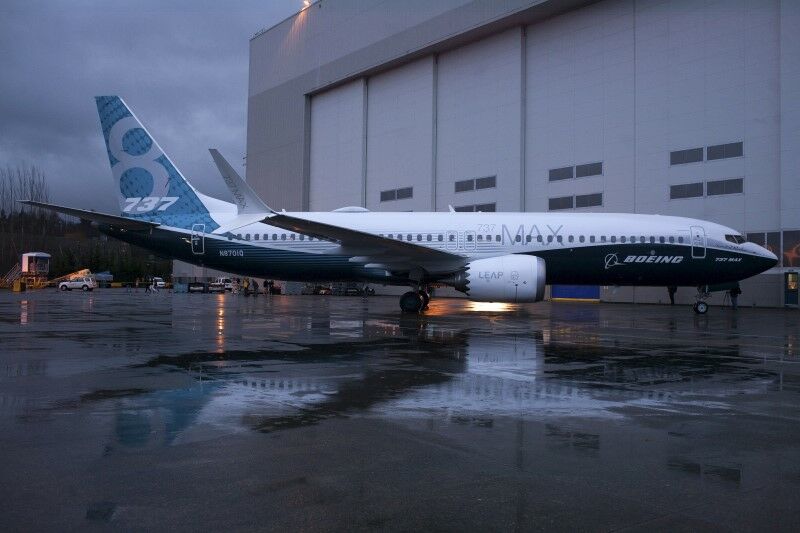Thai Airways’ sky high ambitions: Plans for 90 new jets unveiled

Thai Airways International PCL is gearing up for a jaw-dropping fleet expansion with a plan to soar with 90 new aircraft.
In a game-changing move, Thai Airways International PCL is contemplating a colossal boost to its fleet, eyeing a procurement of up to 90 aircraft from aviation giants Airbus SE and Boeing Co.
Sources reveal that Thai Airways is mulling over snagging nearly 40 Boeing 787 Dreamliners and a diverse array of Airbus models. But here’s the plot twist – negotiations with Rolls-Royce Holdings Plc over engines might just be the make-or-break moment.
The expansion fever doesn’t stop there. Thai Airways has its sights set on up to 80 twin-aisle jets, ready to redefine air travel. And, in a strategic move, they’re throwing in a dozen narrowbodies leased for Thai Smile, their regional subsidiary.
This grand vision isn’t a spur-of-the-moment decision. Rewind to June, when CEO Chai Eamsiri first hinted at the airline’s ambitions. Aiming high, the company expressed its desire for bids on widebody jets and Airbus A321neos for Thai Smile. It’s a strategy that aligns perfectly with the global surge in orders for widebody aircraft, as seen with Emirates and Airbus’s A350 commitments reported investing.com.
Breaking free from financial turbulence, Thai Airways has just reported four consecutive quarters of profit – a stark turnaround from the grim days of the Covid-19 pandemic. After navigating through a bankruptcy filing in 2020, the airline tightened its seatbelts for a debt-rehabilitation initiative. Staff reductions and a more than 50% cut in the fleet size paved the way for this phoenix-like rise from the ashes.
Exit restructuring, enter growth
As Thai Airways approaches the end of its restructuring journey next year, the stage is set for the monumental fleet expansion. The delivery countdown for the new aircraft is ticking, with expectations soaring for a takeoff in 2026.
In related news, Thai Airways reported a surge in bookings on its European and Australian routes for the fourth quarter of this year, signalling a robust recovery for the airline even amid an ongoing pandemic.
Despite the broader global economic slowdown and the Israel-Hamas war, these routes have witnessed heavy bookings. However, the Chinese market remains slow, possibly due to various factors including domestic economic challenges and security concerns about Thailand. Read more about this story HERE.
Latest Thailand News
Follow The Thaiger on Google News:


























